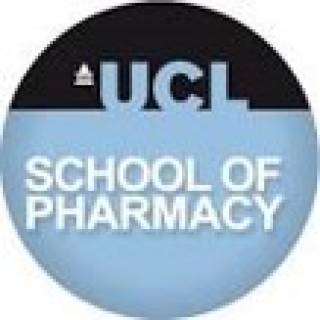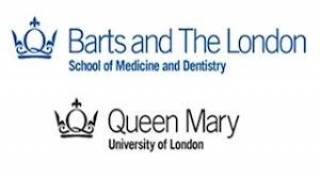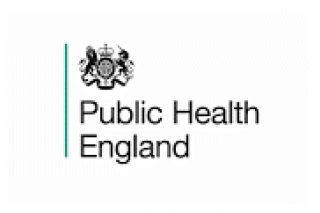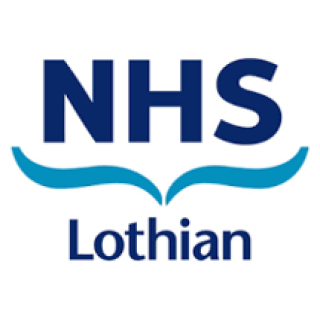The IMPACT Study: Intervening with a Manualised Package to Achieve treatment adherence in people with Tuberculosis
The IMPACT study is led by Dr Marc Lipman, Consultant Physician and Associate Professor in Respiratory Medicine, University College London.
Funded by the NIHR, the IMPACT study is a 3 year research project to develop and test a theory-based intervention to support adherence to medication for tuberculosis. It will focus particularly on social groups who have particular issues with taking treatment, and will use a patient-centered approach, looking at personal motivation and social and cultural barriers to adherence.
Research Partners
The study will be carried out in collaboration with academic research partners at Queen Margaret's University Edinburgh and the UCL School of Pharmacy. Patients will be recruited by NHS partners at the Royal Infirmary of Edinburgh, University Hospital Southampton, The Royal Free Hospital, London and Barts Health NHS Trust, London.
Study Design: This study has three main phases:
• Formative research
• Process Evaluation.
• Pilot Stage
Phase 1: Formative Research
This will include:
• Analysis of literature relating to the personal, social and cultural barriers to adherence and interventions that may help to improve treatment outcomes.
• In-depth interviews with patients and family members/carers (n=30)
• Short structured interviews to assess beliefs in medicine questionnaire interviews (n=10)
• In-depth interviews with providers (n=20).
The data collected will be synthesized and presented to an Intervention Development Group (including patients and carers) to produce a practical manualized intervention for use in clinical settings.
Phase 2: Pilot Study
• The manualized intervention will be evaluated in a cluster randomised controlled trial of participants starting treatment for tuberculosis (n=80) at 4 TB clinics in London.
Phase 3: Process Evaluation
• This will assess how well the intervention achieves its intended aim when compared to standard care.
• It will use interviews with 20 patients and 20 healthcare workers to assess acceptability, ease of use and change in practice.
• A cost analysis will also performed to generate realistic estimates of the cost-benefit of the intervention.
Outcomes: If the pilot study and process evaluation lead to successful outcomes, a final intervention package that is of practical benefit to patients and clinicians will be available for use in a definitive Randomised Controlled Trial.
Please Contact: Marcia Darvell, IMPACT Study Project Manager, for further information on this study m.darvell@ucl.ac.uk








 Close
Close

